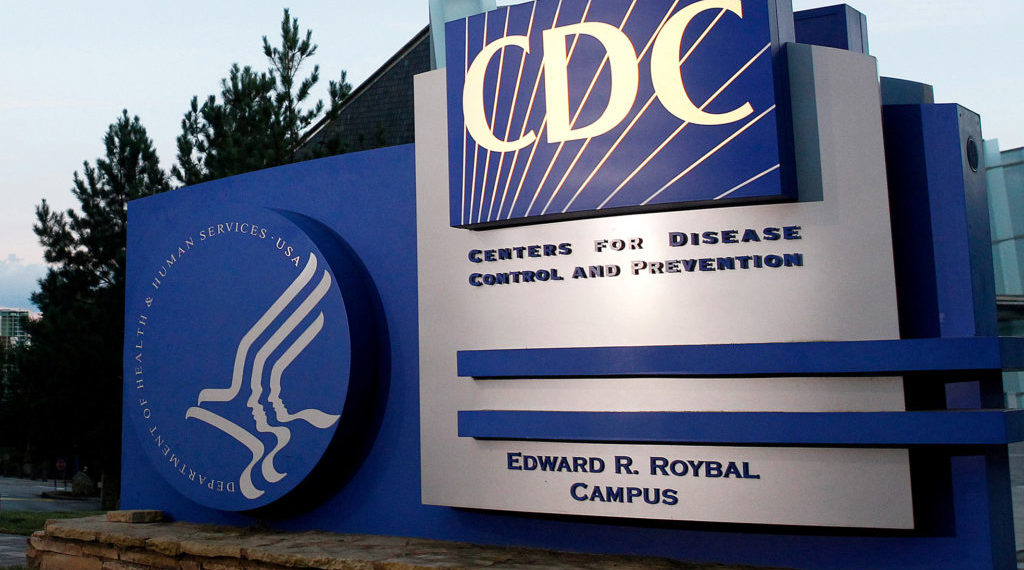News outlets are reporting that President Joe Biden has selected Dr. Mandy Cohen as the next director of the Centers for Disease Control and Prevention (CDC). It’s an inspired choice.
The CDC is America’s national public health agency. It focuses on infectious diseases, disease-producing agents in the food supply, environmental health, occupational safety and health, injury prevention, and some non-infectious diseases, like diabetes and obesity.
During the pandemic, we’ve all come to rely on the data collection and reporting of the CDC and its recommendations for control of COVID-19.
Dr. Cohen was the chief operating officer and chief of staff at the federal Centers for Medicare and Medicaid Services. In 2017, North Carolina Governor Roy Cooper appointed her as the Secretary of the North Carolina Department of Health and Human Services.

New York vs. North Carolina
During the pandemic, I divided my time between a home I have in North Carolina and my office in New York, where I lead a health sciences college. It gave me the opportunity to compare and contrast the way two governors and two state public health directors handled communications during a pandemic.
In New York, early in the pandemic, national attention focused on the press conferences of Governor Andrew Cuomo. I got to witness some of these up close when he conducted two of them on my college’s campus. They were considered major media events for a while and were broadcast nationally.
Cuomo strode into the room five minutes before going on the air. He sat at the head of the table. He did all the talking and answered all the questions from the press. His public health director was present but largely silent. Advice, directives, and political jabs were delivered with an “I’m in command” presence. He left the room immediately upon conclusion of the press conference.
The initial sheen began to wear thin when, over time, serious questions arose about how elderly nursing home patients had been dealt with in New York, how the vaccine was distributed, and whether mortality data was being appropriately reported.
The press conferences in North Carolina were vastly different. Governor Cooper, a courtly, tall, dignified gentleman, walked up to the podium for each weekly press conference. He told the audience that the state faced a serious public health threat, that we were going to address it with a mixture of science, compassion, and common sense, and then, almost without fail, he said, “Now let’s hear from Dr. Cohen.”
The governor then moved to the back of the stage. The focus wasn’t on him, it was on the organization of a public health response to a pandemic, and it was going to be led by a public health expert. And there, before the cameras, appeared a woman who looked a foot and a half shorter than the governor. She gave off the aura of everyone’s favorite primary care doctor. She rarely stood behind the podium. Rather, she just stood on the stage and, week after week, calmly, slowly, and clearly explained things.
Data and Science
What we heard from Dr. Cohen was, “Here is the most recent data… This is what we know… This is what we don’t know… Here’s what we’re going to do about it… Here’s some commonsense, science-backed advice about what you need to do… I know you parents are worried about your children. I’m a mom also and I have children in the public schools. I’m worried about them too. Here’s what we all need to do to keep our children safe.”
When the vaccines became available, she explained who was to get them, in what order, and how they were going to be distributed. The North Carolina Public Health Department had an efficient system of communications and an organized vaccine response. When it was my turn to get vaccinated, it was done efficiently and professionally.
I’ve never met Dr. Cohen face-to-face. After a few weeks of her televised press conferences, however, she became a reassuring part of the family. We looked forward to hearing from her.
After watching several of these press conferences, whenever a new piece of news about the pandemic appeared on television or in the newspapers, my wife and I developed a standard response. It went like this:
“Did you see the story in the paper today about the pandemic?”
“Sure. I read it. What do you think we should do?”
“We’re not doing anything about it until Mandy Cohen tells us what to do. If Mandy says we need to do something, we’ll do it.”
“Agreed. We’re doing what Mandy says.”
At my college, we have, among our degree-granting programs, schools of medicine and public health. If any of our medical or public health students needs a video master class on how to conduct public health communication in a crisis, I’m recommending they just watch recordings of Dr. Mandy Cohen’s press conferences.
I’ve been a medical school professor for more than 40 years. I know a healthcare pro when I see one. America’s in for a treat with Dr. Cohen running the CDC. Whatever comes along as the next public health crisis, here’s my advice: Just do what Mandy says.
Good choice, Mr. President.
Disclaimer: The views and opinions expressed here are those of the author and do not necessarily reflect the editorial position of The Globe Post.























